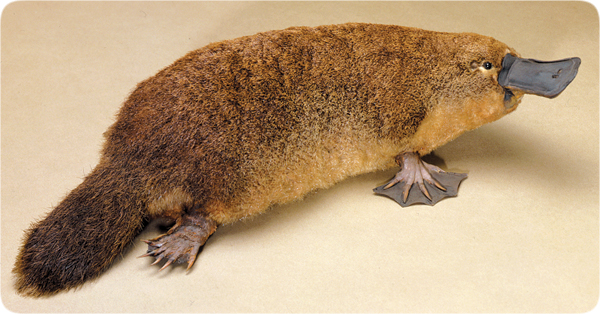Mutations 4
No known mutation has ever produced a form of life having greater complexity and viability than its ancestors (c).
c. “There is no single instance where it can be maintained that any of the mutants studied has a higher vitality than the mother species.” N. Heribert Nilsson, Synthetische Artbildung (Lund, Sweden: Verlag CWK Gleerup, 1953), p. 1157.
“It is, therefore, absolutely impossible to build a current evolution on mutations or on recombinations.” [emphasis in original] Ibid., p. 1186.
“No matter how numerous they may be, mutations do not produce any kind of evolution.” Pierre-Paul Grassé, Evolution of Living Organisms (New York: Academic Press, 1977), p. 88.
“I have seen no evidence whatsoever that these [evolutionary] changes can occur through the accumulation of gradual mutations.” Lynn Margulis, as quoted by Charles Mann, “Lynn Margulis: Science’s Unruly Earth Mother,” Science, Vol. 252, 19 April 1991, p. 379.
“It is true that nobody thus far has produced a new species or genus, etc., by macromutation. It is equally true that nobody has produced even a species by the selection of micromutations.” Richard B. Goldschmidt, “Evolution, As Viewed by One Geneticist,” American Scientist, Vol. 40, January 1952, p. 94.
“If life really depends on each gene being as unique as it appears to be, then it is too unique to come into being by chance mutations.” Frank B. Salisbury, “Natural Selection and the Complexity of the Gene,” Nature, Vol. 224, 25 October 1969, p. 342.
“Do we, therefore, ever see mutations going about the business of producing new structures for selection to work on? No nascent organ has ever been observed emerging, though their origin in pre-functional form is basic to evolutionary theory. Some should be visible today, occurring in organisms at various stages up to integration of a functional new system, but we don’t see them: there is no sign at all of this kind of radical novelty. Neither observation nor controlled experiment has shown natural selection manipulating mutations so as to produce a new gene, hormone, enzyme system or organ.” Michael Pitman, Adam and Evolution (London: Rider & Co., 1984), pp. 67–68.
[From “In the Beginning” by Walt Brown]



